Have you thought about trying CBD oil to soothe your anxiety? Here’s what you need to know first.
If you’re concerned about getting “high” from CBD oil, rest assured that you can’t. CBD oil lacks the mind-altering compound found in other marijuana products, making it an interesting candidate to treat anxiety and similar problems.
Let’s dive into the research on how CBD oil can affect anxiety and the most effective ways to take it.
Fight inflammation and create easy, healthy meals! We've created a FREE 7-Day AIP Meal Plan
Get Your FREE 7-Day AIP Meal Plan here.
What is CBD?
Cannabidiol, most often referred to as simply “CBD”, is a non-psychoactive cannabinoid compound found in the marijuana plant. Since it doesn’t contain the mind-altering effects of THC (more on that below), scientists are studying it heavily for its reputed health effects.
So far, research is positive surrounding its effect on anxiety, and other benefits of CBD are emerging as well. Studies show that CBD can act as an anti-inflammatory, anticonvulsant, antioxidant, antiemetic, anxiolytic and antipsychotic, and may also be an alternative treatment for epilepsy, oxidative stress, nausea, and even schizophrenia. (1)
Before we dive into the benefits of CBD for anxiety, let’s address a common concern: Why it does not have the same mind-altering effects as marijuana.
CBD vs. THC
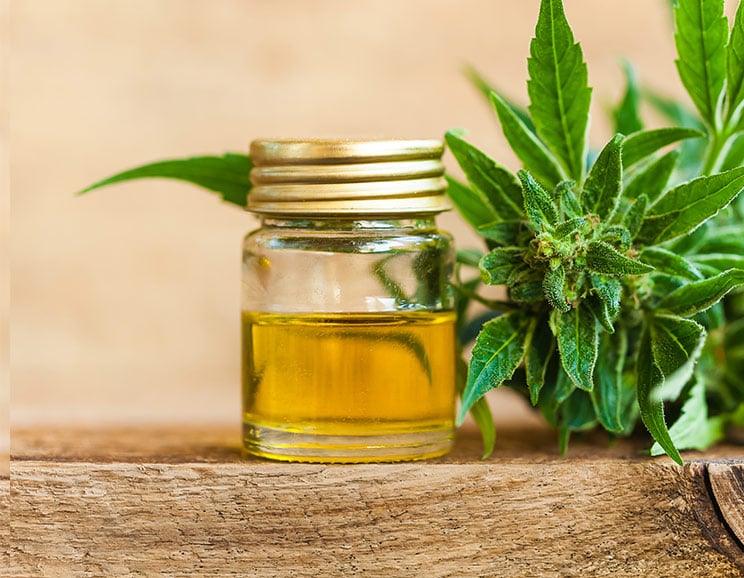
One of the most common questions regarding CBD is whether or not it will get you “high” the way marijuana does. The short answer is no, due to the fact that marijuana’s psychoactive effects come from other cannabinoid compounds in marijuana – namely THC.
While both CBD and THC are classified as cannabinoids, there is a huge difference between their effect on your body and mind.
This is because all cannabinoids essentially “land” or dock onto receptor sites throughout your body. However, there are different types of receptors found in different areas. The most important are CB1 receptors, which are mostly located in your brain, and CB2 receptors which are mostly located in your immune system.
Researchers find that unlike THC, CBD has much less activity on CB1 receptors and more activity on CB2 receptors, explaining its lack of mind-altering effects. (2) In fact, CBD can be used to ease some of the negative effects of THC, such as excessive sleepiness and paranoia. (3, 4)
The fact that CBD doesn’t have these unwanted psychoactive effects could make it a valuable tool in combating anxiety. Let’s see more of what the research says.
CBD and Anxiety
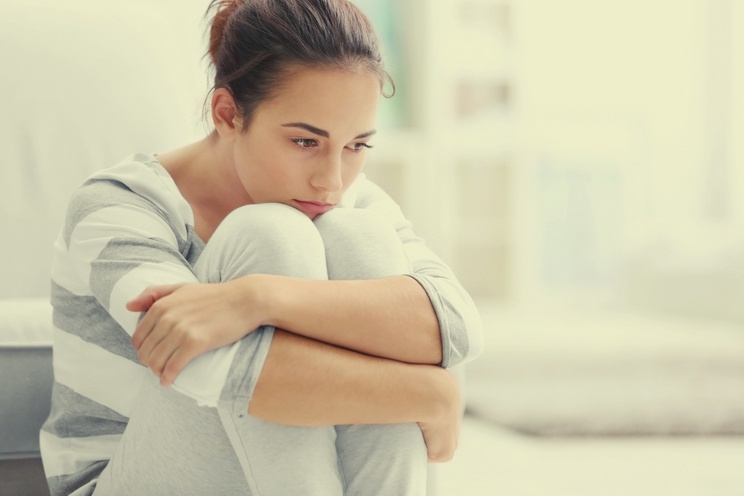
Anxiety can include anything from generalized anxiety and social anxiety to PTSD (post-traumatic stress disorder) and OCD (obsessive-compulsive disorder). So far, the research on CBD’s effect on each of these types of anxiety is positive.
Human and animal tests find that CBD helps prevent anxiety produced by chronic unpredictable stress. It works by reducing conditioned fear responses in patients, like from the stress of knowing they were about to get their foot shocked.
Additional studies show that CBD can help “block” memories of fear in rats. This could mean that if your anxiety is stemming from a repeated memory or fear of a particular situation, CBD can help your brain to stop searching for and “picking up” that memory. Now, this doesn’t mean it’s erasing that memory. Instead, it’s just helping your mind to let it go so the anxiety doesn’t interfere with your day. (5)
CBD can also help reduce the physical symptoms of anxiety, such as an increased heart rate.
Human and animal studies also show CBD can help prevent psychosis, as tests find that it has a similar chemical structure to popular antipsychotic drugs. This means that CBD has the potential to be an alternative treatment for schizophrenia. (6)
In looking at these additional studies, we can see how CBD has wide-ranging helpful effects on behavior, mental health, and mood – all positive points to consider when discussing CBD and anxiety.
How to Take CBD for Anxiety
With the sheer volume of CBD products on the market, you can take it virtually any way. Try it in capsule form, topically on your skin, as a liquid, and even in edible form, like in these lavender chocolate CBD truffles. While you can also vape it, we recommend against doing this as vape pens and oils might contain other chemicals.
No matter which method you choose, be mindful of the number of milligrams per dose. We recommend using a CBD supplement in a liquid dropper form so you can easily measure out the dosage.
To Take Cbd Effectively, Be Mindful Of These Guidelines:
- Always read the label to determine the dosage in milligrams of CBD per serving. Not all CBD supplements contain the same amount of total CBD, so it’s an important gauge to look for.
- Double check the label for potential THC. Some CBD products might contain THC alongside CBD, so if you want to strictly avoid THC, make sure it doesn’t contain any at all.
- Start with a low dose (10 milligrams) and work your way up from there. Judge the effect on your body with each increasing dose. If there is no noticeable effect after three to four days on that dose, increase to 15, then 20, etc. There is no “one-size-fits-all” dosage for CBD, but normal dosages hover around 15-50 mg per serving. Consult your physician who may be able to help you determine an exact dosage based on your body weight.
Where to Find CBD Oil
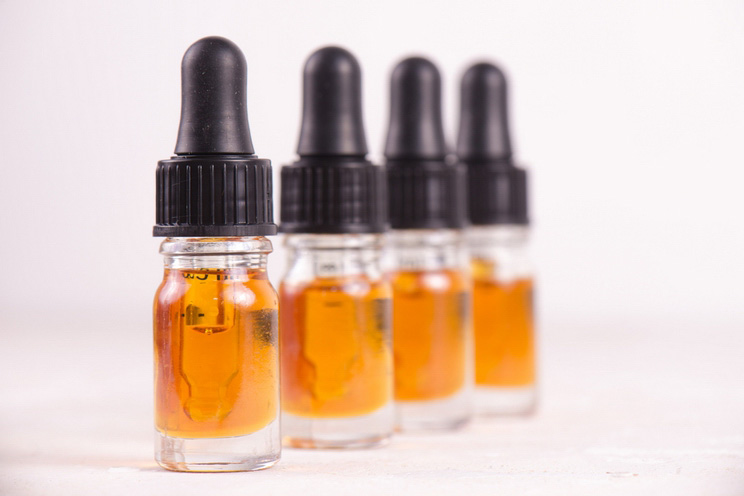
If you can’t find any quality CBD products at a local health food store, you can easily find them online.
One thing to keep in mind when shopping is to look for a product that contains a certificate of analysis (COA), as this assures it has been tested for other contaminants. Also, make sure the dosage is clearly stated on the ingredient list.
Also keep in mind that while CBD usually has very little negative side effects, some that can occur include:
- Changes in appetite
- Changes in mood
- Anxiety
- Drowsiness
- Dizziness
- Nausea
The Bottom Line
Living with anxiety can be stressful on your relationships, your career, and life in general. If you’re not ready to take prescription medications, CBD can offer a more natural alternative with minimal side effects.
To read more about the other benefits of CBD oil, such as its anti-inflammatory, anticonvulsant, and antioxidant effects, see 6 Science-Backed CBD Oil Benefits.
If your anxiety leaves you with many sleepless nights, CBD might help, but so can our sleep management program Primal Sleep. You’ll learn the six essentials behind calming insomnia and how to get deep, rejuvenating sleep. Whether you struggle with falling asleep, staying asleep, or feeling rested, Primal Sleep can help.
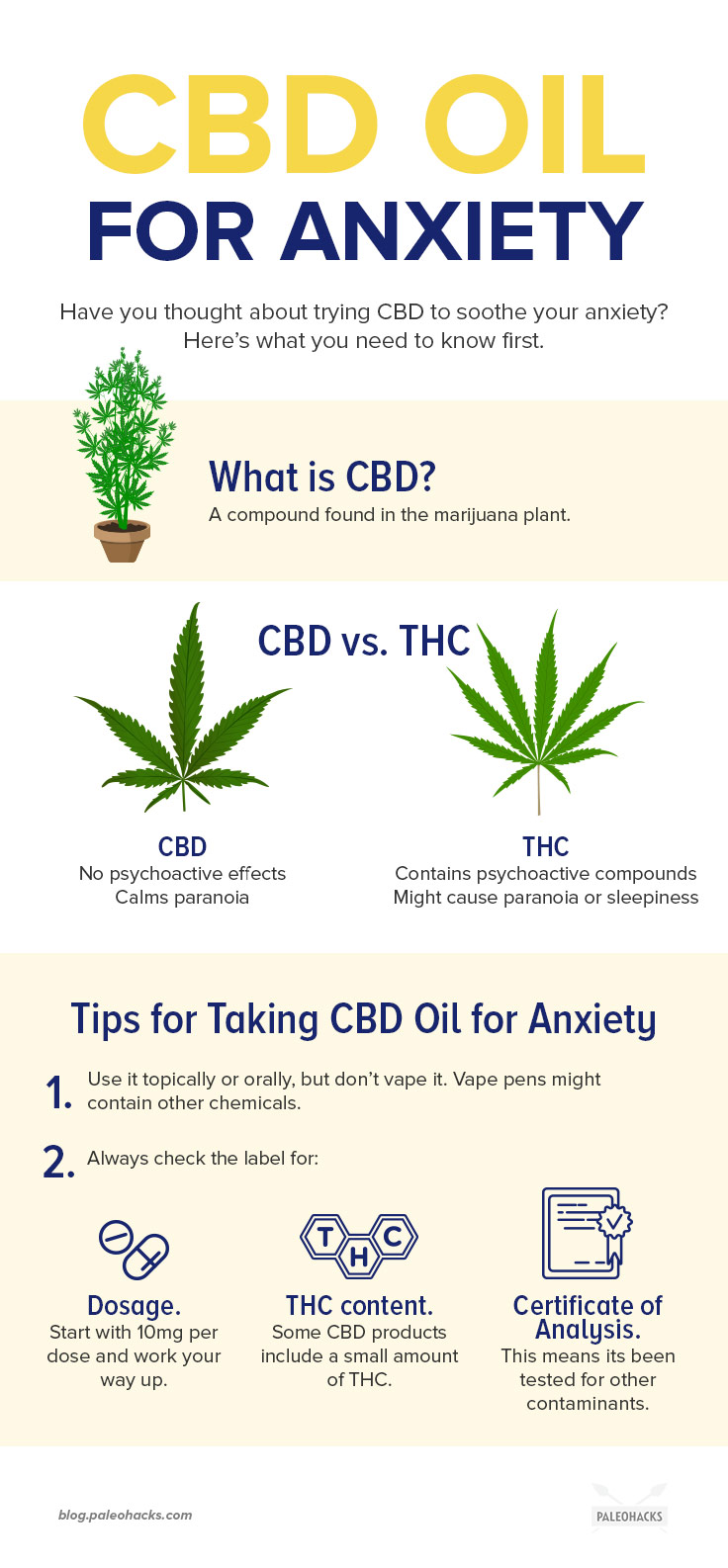
(Read This Next: Your Anxiety Craves Sugar. Here’s What to Eat Instead)


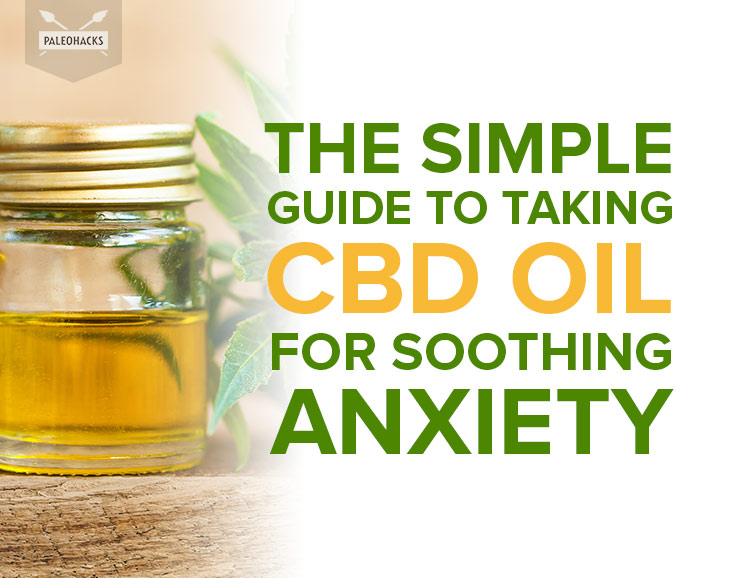
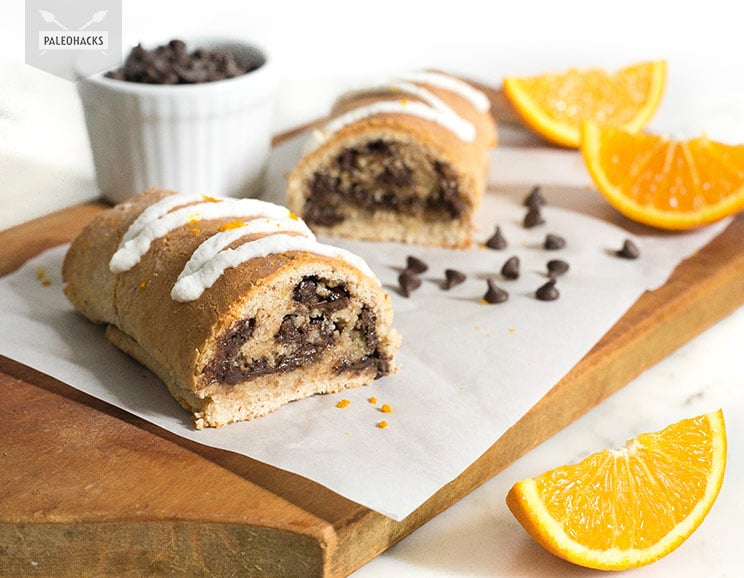 Dark Chocolate Orange Log with Coconut Icing
Dark Chocolate Orange Log with Coconut Icing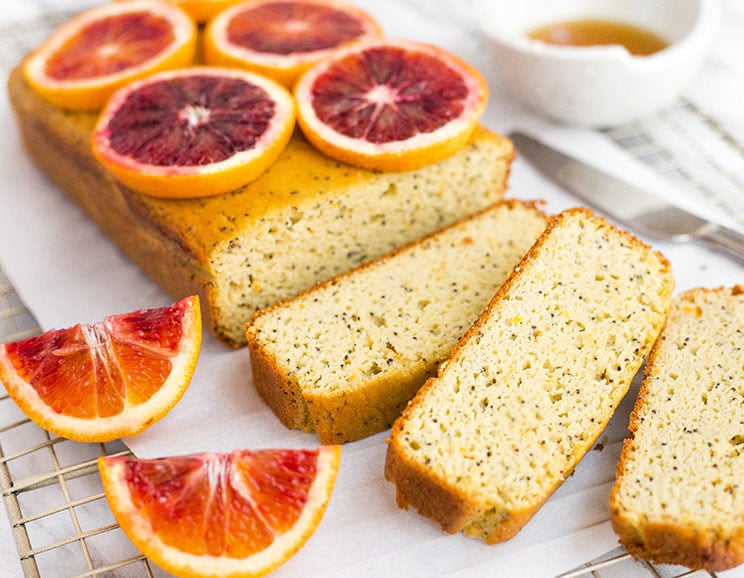
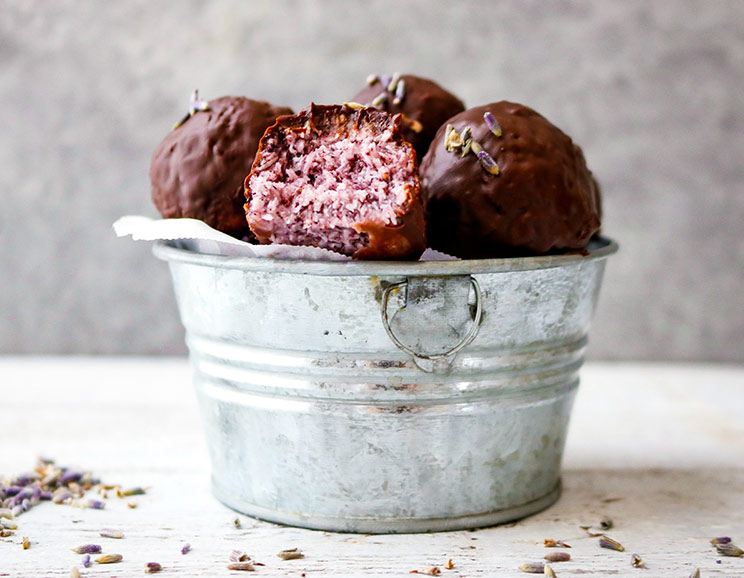
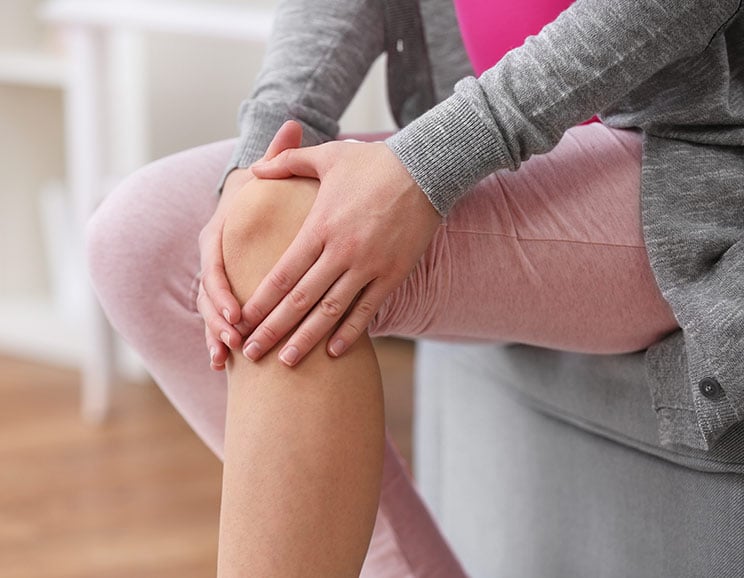
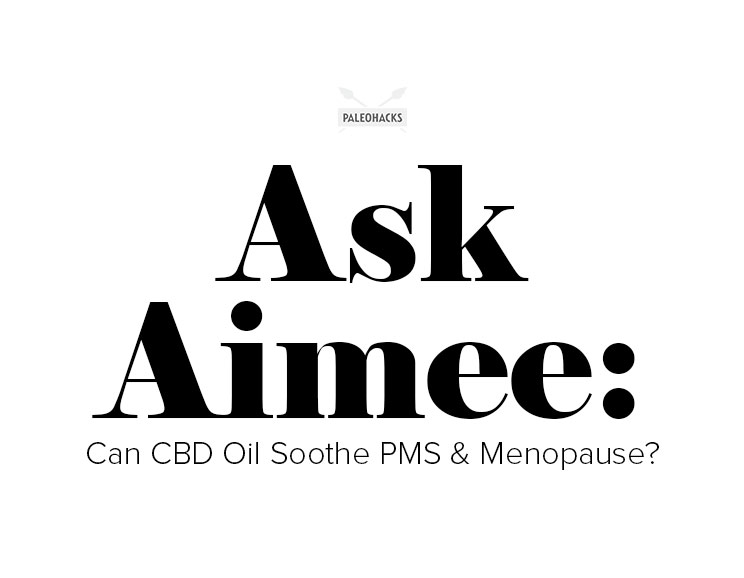
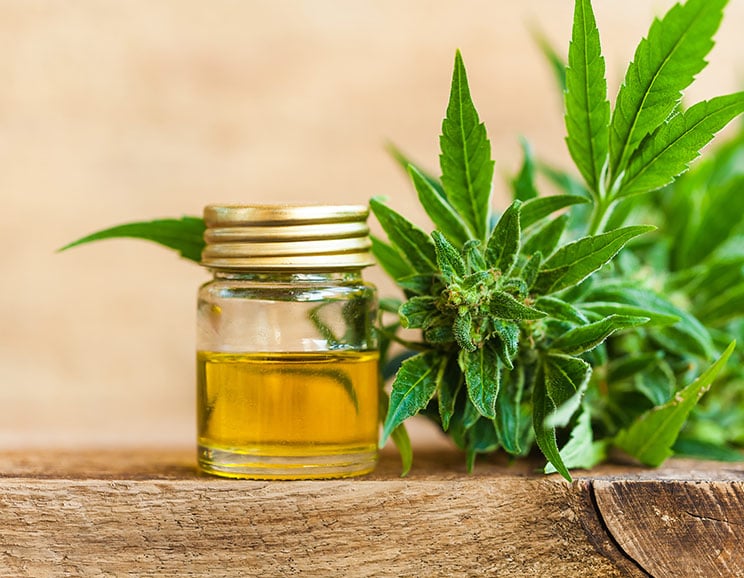
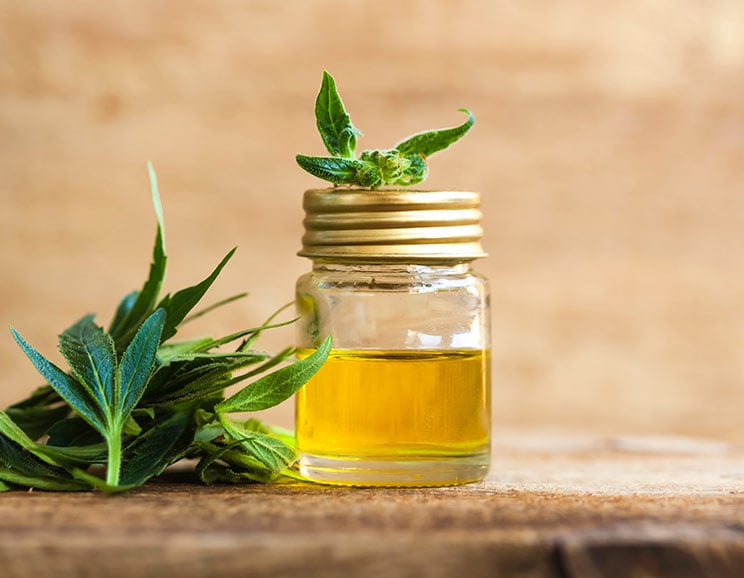

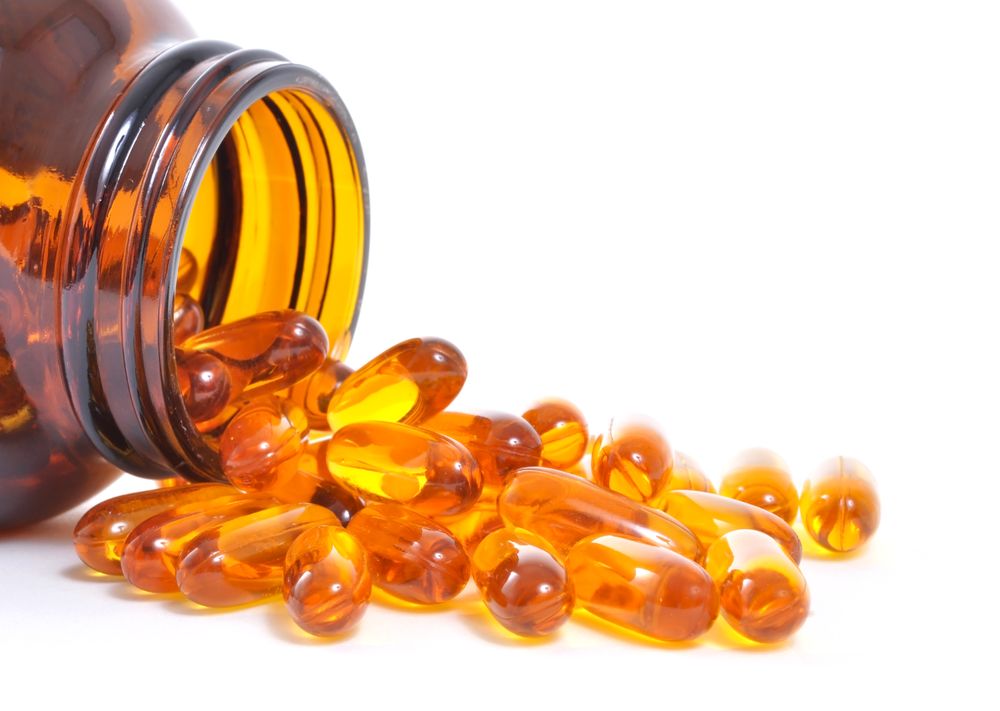
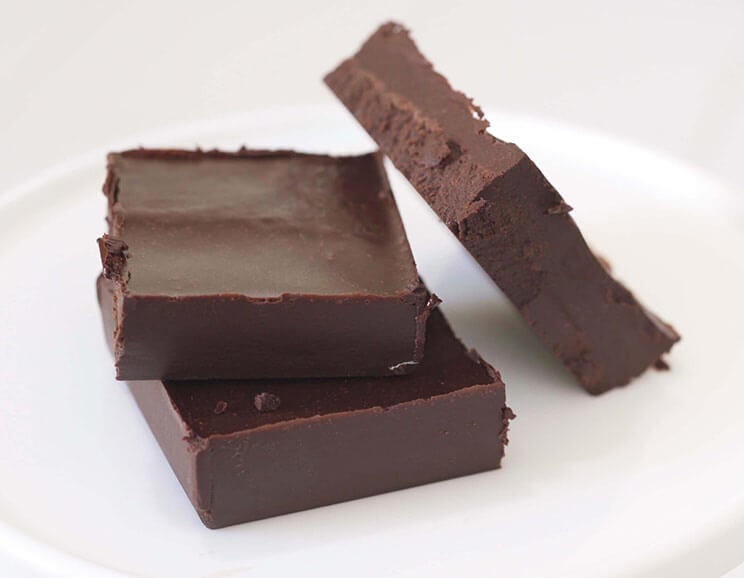
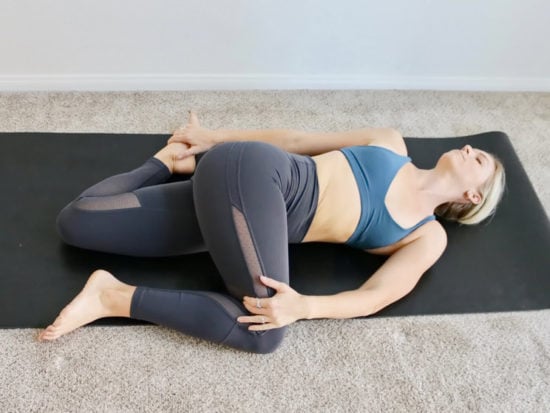
Show Comments